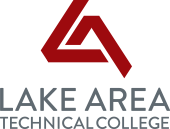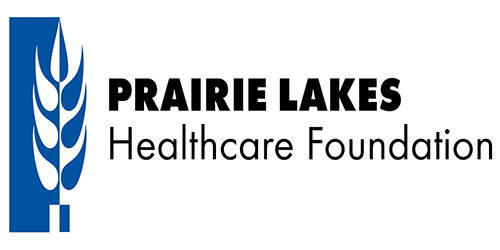
RATE



Medical Laboratory Technician

Medical Laboratory is a rewarding, stimulating field that is absolutely vital to the world of healthcare. Physicians determine treatment from objective clinical data-over 70% of which comes from tests that Medical Laboratory Technicians perform on the patient’s samples. As a Medical Laboratory Technician you might:
- Use sophisticated lab equipment to perform analysis of various chemicals in blood and body fluids.
- Isolate bacteria, parasites and other microorganisms for identification and determine appropriate treatment options.
- Diagnose viral diseases in blood specimens using immunological techniques.
- Observe urine, bacteria, body fluids, and blood slides through a microscope to aid in diagnosis of various conditions.
- Use hematology analyzers to count and identify various blood cells.
- Determine kidney health and metabolic problems through chemical analysis of urine.
- Type, screen and cross match blood for transfusion.
- Test drug levels in the blood to show how a patient is responding to treatment.
Medical laboratory technicians (MLTs) often interact with physicians, nurses, pharmacists, and other health professionals to explain test results and answer specific questions. You could be employed in a hospital lab, physician’s office, clinic, commercial firm, research facility, the armed forces, public health center, industrial and pharmaceutical laboratory, or veterinary clinic.
Jobs: Medical Lab Tech students at Lake Area Tech have an outstanding three-year average job placement rate at 100%. This applies to students obtaining a job or continuing their education within the first year of graduation. According to the Bureau of Labor, “Employment of medical laboratory technologists and technicians is projected to grow 16 percent from 2014 to 2024, much faster than the average for all occupations. An increase in the aging population is expected to lead to a greater need to diagnose medical conditions, such as cancer or type 2 diabetes, through laboratory procedures.”
The Program: The MLT program is 20 months and students may begin in the fall or spring. Gain real-world lab experience in our fully equipped medical labs, which include a simulation lab and blood banking equipment, located on campus in the Prairie Lakes Healthcare Center of Learning. In addition, you will complete a full semester of clinical training at an approved site.
Certification: Once you complete the program, you are eligible to take a national certification exam. After successfully passing the exam you will earn the title of Medical Laboratory Technician – MLT (ASCP). South Dakota does not require an additional licensure to practice as a Medical Laboratory Technician. Those states that require an additional licensure to practice as an MLT include: California, Hawaii, Florida, New York, North Dakota, Tennessee, Louisiana, Nevada, West Virginia, Montana, and Georgia. Puerto Rico also requires a licensure. Read more here regarding Professional Licensure Disclosures.
Graduation Rates: Graduation and attrition rates are based on the number of students in the final half of the MLT program and includes data for three years.
Accreditation: On October 31, 2019, the Medical Laboratory Technician program received its certificate of accreditation from the National Accrediting Agency for Clinical Laboratory Sciences (NAACLS). 5600 N. River Road, Suite 720, Rosemont IL, 60018. (773)-714-8880. The 10-year accreditation will be up for renewal in 2029.
South Dakota does not require an additional licensure to practice as a Medical Laboratory Technician. Those states that require an additional licensure to practice as an MLT include: California, Hawaii, Florida, New York, North Dakota, Tennessee, Louisiana, Nevada, West Virginia, Montana, and Georgia. Puerto Rico also requires a licensure. Read more here regarding Professional Licensure Disclosures.
Phlebotomy Certification
Earning a phlebotomy certificate can be a valuable asset for those interested in entering or advancing in the healthcare field. Students will learn foundational phlebotomy skills including blood collection techniques, safety procedures, and communication skills. The curriculum also includes a 120-hour practicum in a hospital or clinic lab. Phlebotomy is a two-semester, 16.5-credit course with an on-campus option and a hybrid option. It is offered in the spring and fall semesters. Estimated cost of the phlebotomy certificate: $6,258.00.






